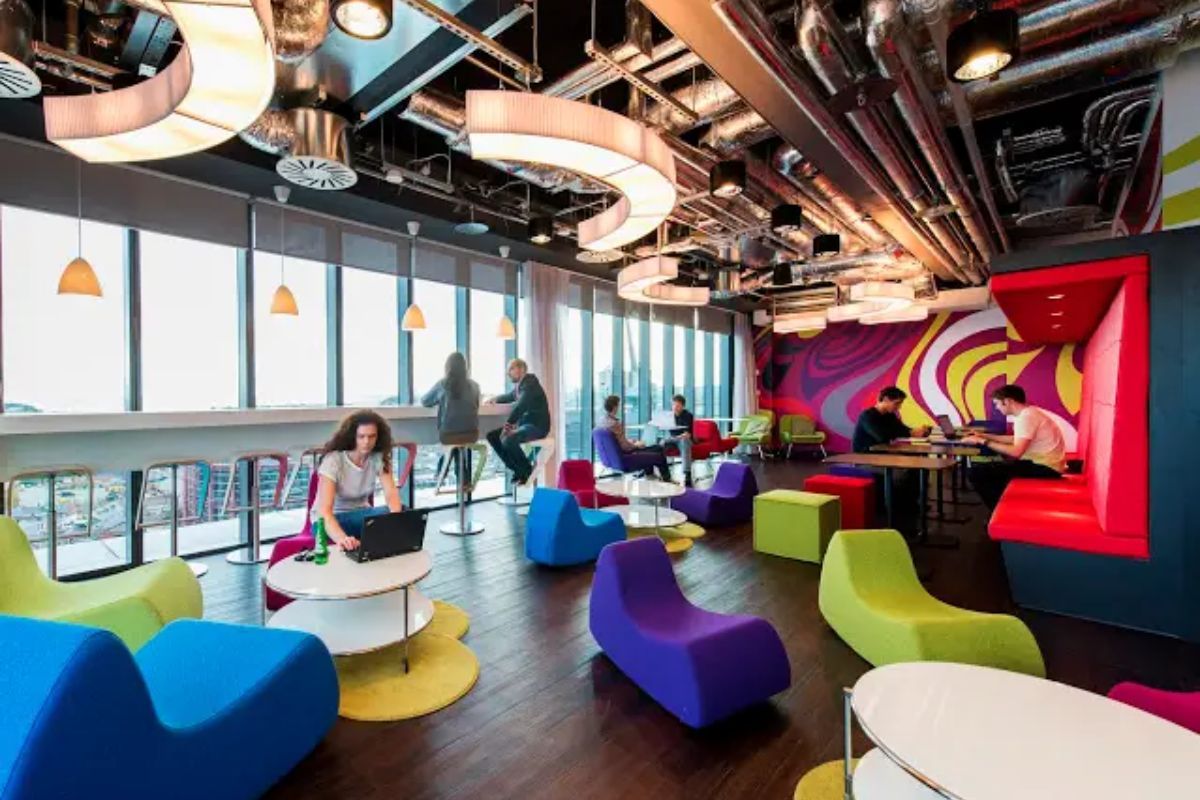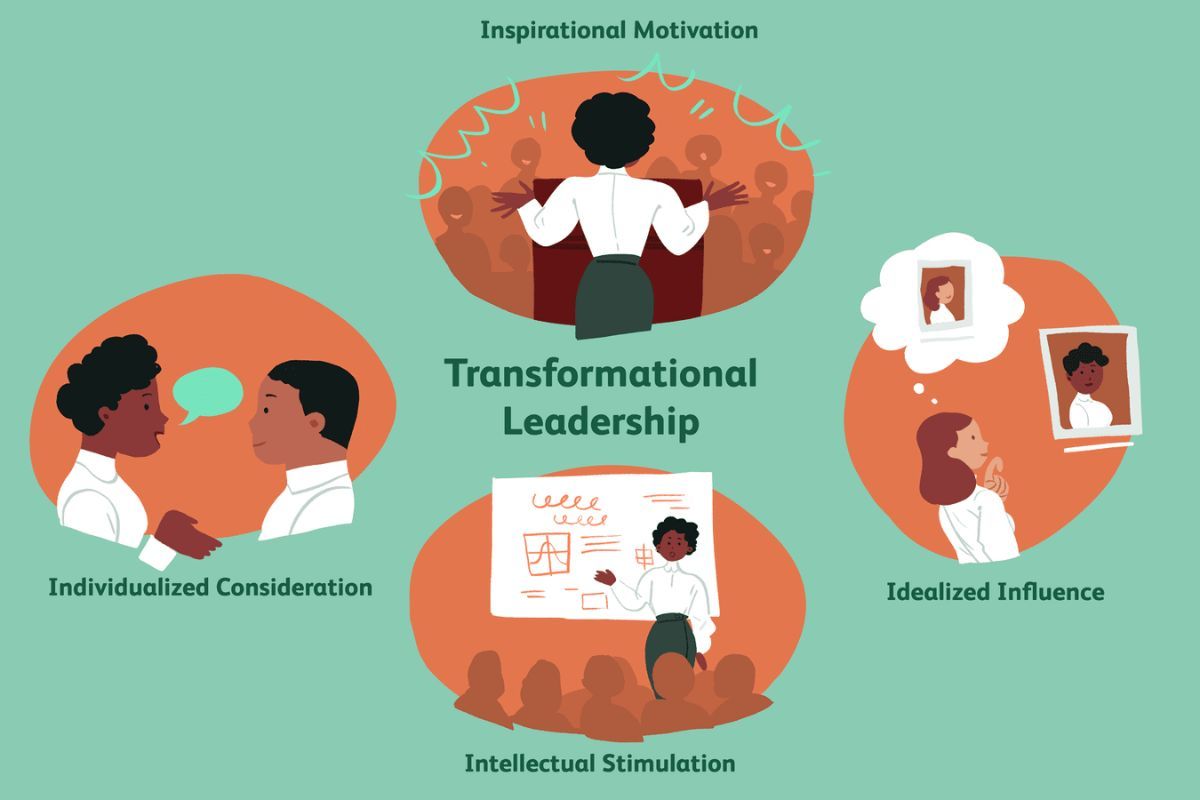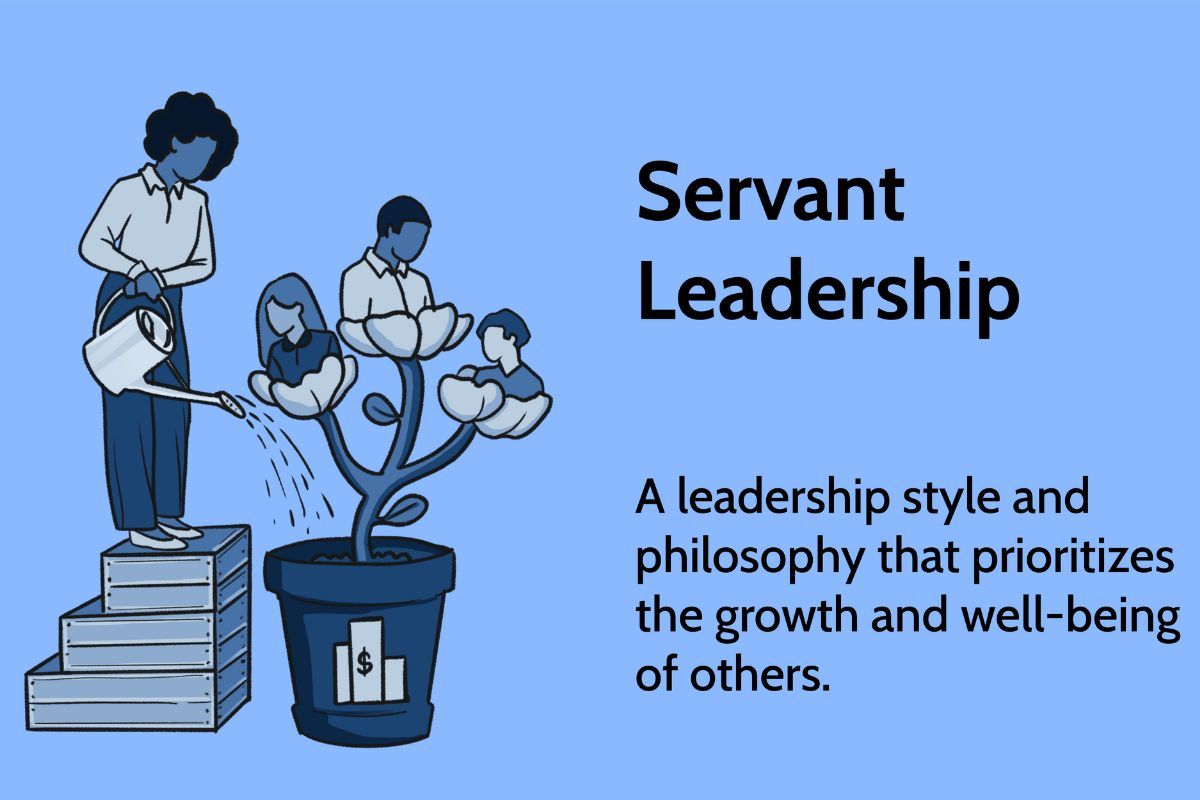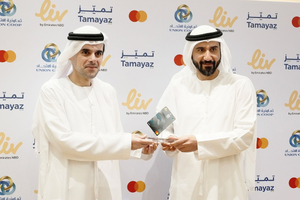Employee engagement is a critical factor in the success of any organization. It directly affects productivity, employee satisfaction, and overall organizational performance.
In the vibrant business landscape of Dubai, where diverse cultures converge, effective leadership styles play a pivotal role in shaping employee engagement. Let’s look at the influence of leadership styles on employee engagement in Dubai organizations, delving into various leadership approaches and their impact on employee motivation, commitment, and job satisfaction.
The Importance of Employee Engagement
Employee engagement refers to the emotional and psychological connection that employees have with their work, colleagues, and the organization that they work for. Employees are engaged when they know what to expect, have the resources to do their work, participate in opportunities for growth and feedback, and believe they make a significant contribution to the organization. Employees that are engaged are more inclined to go above and beyond their job responsibilities, contributing positively to the workplace environment and organizational outcomes. Studies consistently show that high levels of employee engagement are linked to increased productivity, reduced turnover, improved customer satisfaction, and higher profitability.

Although engaged employees have consistently shown to be more productive, profitable, safer, healthier, and less likely to leave their employer, only 30% of the global workforce is estimated to be engaged; more than 60% of the 16 global workforce goes to work, at best, ambivalent and emotionally uninvolved with their work, according to a study conducted by the Florida International University, USA.
Leadership Styles and Employee Engagement
Leadership styles play a pivotal role in shaping the culture and work environment within an organization. Research indicates that engagement occurs spontaneously when leaders are inspiring. Leaders are responsible for communicating that the employees' efforts play a vital role in the success of the business. When an employee's work is considered meaningful and important, it leads to higher interest levels and engagement. Leaders play an essential role in fostering employee engagement.
Leadership Styles
Different leadership styles can have varying impacts on employee engagement. Let's explore common leadership styles prevalent in Dubai organizations and their effects on employee engagement.
Democratic Leadership

Democratic leadership is exactly what it sounds like — the leader makes decisions based on each team member's input. Although a leader makes the final call, each employee has an equal say in a project's direction. The democratic leadership style is one of the most effective because it encourages everyone to participate in all processes, share their opinions, and know that you will hear them.
It also encourages employees to be engaged because they know you will hear their feedback. Team members feeling like they have space to participate can also increase employee empowerment, motivation, and participation. A democratic management style can improve your culture of employee engagement, commitment, and job satisfaction. When employees feel included in the decision-making process, they often feel more valued by their employer.
This approach can empower employees, increase their job satisfaction, and promote a sense of ownership and responsibility. This sense of importance can lead to higher productivity and loyalty to the company, which, in turn, can lower job turnover in the company. In a competitive job market like Dubai, retaining skilled talent is crucial, and a democratic leadership style can contribute to a positive work environment that retains valuable employees.



For example — Google may be the most well-known company that practices democratic leadership. Employees are encouraged to participate in meetings as much as possible because the top executives understand that a great idea can come from anywhere. In fact, just looking at photos from the headquarters, you can see that the company puts a lot of effort into creating an environment that fosters participation and creativity. Google places a great deal of emphasis on creating an intellectually stimulating environment that nurtures collaboration.
Transformational Leadership

Transformational leaders inspire and motivate their employees by fostering a sense of purpose and encouraging them to embrace a shared vision. These leaders empower their teams, promote collaboration, and demonstrate genuine concern for their employees' well-being. In Dubai's diverse workforce, transformational leadership can be particularly effective as it cultivates a positive and inclusive work culture.
Transformational leadership is a method of motivating people to work towards a common goal by connecting with them, understanding their needs, and assisting them in realizing their full potential, all of which leads to positive outcomes for the business. Transformational leaders in Dubai organizations often stimulate employee creativity and innovation, leading to higher engagement levels. By recognizing and rewarding exceptional performance, they encourage employees to take ownership of their work, which fosters a sense of pride and commitment.
Transformative leadership has a major influence on an organization's capacity to retain a motivated, engaged, and dedicated workforce. Employees committing themselves to their work is a way to show gratitude for their leadership's support.

For example —Amazon is the perfect model of transformational leadership and shows that by building on a series of short-term goals (the company started as a bookseller, after all), it is possible to achieve things on a grander scale. Jeff Bezos' leadership style principles include motivation, innovation, determination, empowerment, learning, and simplicity. A transformational leader is a leader who is driven by a strong passion for innovation and creating change that grows an organization.
Transactional Leadership

Transactional leadership relies on a system of rewards and punishments to drive employee performance. These leaders set clear goals and provide incentives for meeting or exceeding expectations. Employees will perform to their leaders' expectations if they have a supervisor who is consistent and fair in contingent compensation and encourages them to work hard to meet corporate goals.
Employees are rewarded for their efforts, but they are also criticized and chastised when they fall short of expectations or fail to meet deadlines. While transactional leadership can be effective in specific situations, its impact on long-term employee engagement in Dubai organizations may be limited. Employees will perform better for their employer if they are rewarded for their outstanding work in the framework of transactional leadership. However, if workers are not recognized for their hard work, they will cease working hard.
Dubai's diverse workforce may not respond as positively to transactional leadership due to cultural differences. It may lead to short-term gains but potentially hinder the development of a strong sense of loyalty and commitment among employees.

For example — The fast-food chain McDonald's is often cited as an example of transactional leadership in business. The company uses a highly structured system of rewards and punishments to motivate its employees to meet specific goals and objectives, such as increasing sales and reducing waste. The managers do not need to understand employees well to manage them; they are task-oriented managers.
Servant Leadership

Servant leadership is characterized by leaders who prioritize the needs of their employees over their own. They aim to serve and support their teams by providing resources, guidance, and a nurturing environment for them to do their work effectively and efficiently. Servant leaders are good at creating a culture of collaboration, cooperation, and mutual respect among their employees and fostering a sense of belonging and community. They take feedback and suggestions from their employees and use them to improve the work environment and processes.
Servant leaders are ideal for situations where there is a need for teamwork, engagement, and empowerment. In Dubai, where teamwork and mutual respect are highly valued, servant leadership can significantly impact employee engagement. In Dubai organizations, servant leaders foster a culture of trust and psychological safety, which enables open communication and creativity.
Employees feel valued and appreciated by the servant leader, which leads to increased engagement and a willingness to positively contribute to the organization. Employees that have a high level of trust in their leaders will form stronger relationships in the workplace, show more commitment towards the company, and be more satisfied with their jobs. Data shows that teams led by servant leaders drive 6% higher performance, 8% better customer service, and 50% better employee retention.

For example — FedEx follows a servant leadership style. Fred Smith, the founder of the company, believes “when people are placed first, they will provide the highest possible service, and profits will follow”. What emerged from this thinking is a distinctive company culture. The ‘People – Service – Profit’ philosophy has helped the company grow rapidly and remain competitive.
Situational Leadership

Situational leaders change their management style to meet the needs of the situation or team. This leadership style is proactive and recognizes that change is the only constant. Situational leaders are great communicators and use team feedback to make decisions. They also analyze market changes and can quickly evaluate and update processes to ensure success. This can create strong relationships and help employees see and feel their value to the business.
This leadership approach can motivate employees and ensure that people aren’t stuck working in a way that doesn’t make sense for the situation. It’s also especially useful for startups or businesses that require frequent changes as well as flexible talent and support. Situational leaders invest in their people and advocate for their growth, accelerating the pace and improving the quality of employee development. Employees benefit from more customized coaching that is suited to their individual situation or task. This personalization increases proficiency and enhances performance on the job.
In Dubai's workplace, which can have a diverse and multicultural workforce, a situational leadership style that respects and adapts to different cultural norms and expectations can contribute to higher engagement levels.

For example — Apple co-founder, Steve Jobs, is one of the most influential situational leaders. He had the knack for foreseeing trends. Jobs used situational leadership frameworks to provide a clear direction of vision to his employees, delegate tasks, and encourage individuals to pursue their unique ideas. Jobs knew how to empower his tech developers, leverage their strengths, and bring out the best in them.
What makes a Good Leader?
Embrace Cultural Diversity
Dubai is a melting pot of cultures, with individuals working from all over the world. Effective leaders in Dubai organizations understand the importance of embracing this diversity. They foster inclusive environments that value diverse perspectives, experiences, and ideas. By valuing cultural diversity, leaders can tap into a wealth of creativity and problem-solving abilities, resulting in more robust decision-making and creative solutions.
Prioritize Continuous Learning
In a rapidly evolving business landscape, leaders must commit to continuous learning to stay relevant and effective. Dubai organizations can facilitate leadership development programs, workshops, and training sessions that focus on emerging trends, technological advancements, and management methodologies. Encouraging leaders to expand their skill sets ensures they remain adaptable and capable of guiding their teams through various challenges.
Foster Open Communication
Transparent communication is a core component of successful leadership. Leaders should establish an open-door policy where employees feel comfortable sharing their thoughts, concerns, and suggestions. Regular one-on-one meetings, team discussions, and feedback sessions can provide leaders with valuable insights while fostering a sense of belonging among team members.
Lead by Example
Leadership is about setting the right example for others to follow. Leaders in Dubai organizations should demonstrate the values, work ethic, and behaviours they expect from their teams. By showcasing integrity, dedication, and professionalism, leaders create a positive organizational culture that encourages employees to excel and contribute their best efforts.
Encourage Innovation
Dubai has established itself as a center for innovation and technology. Effective leaders recognize the importance of encouraging a culture of innovation within their organizations. They provide the necessary resources, support risk-taking, and reward creative thinking. When employees feel empowered to bring new ideas to the table, organizations can stay ahead of the curve and capitalize on emerging opportunities.
Conclusion
Employee engagement is vital for the success of organizations in Dubai's competitive business landscape. Effective leadership styles have a significant impact on employee engagement levels. As Dubai continues to attract a global workforce, organizations must recognize and adapt their leadership styles to accommodate cultural differences and promote a thriving and engaged workforce. By understanding the impact of leadership on employee engagement and tailoring leadership approaches accordingly, Dubai organizations can foster a productive, harmonious, and successful work environment for all.
Also read:















